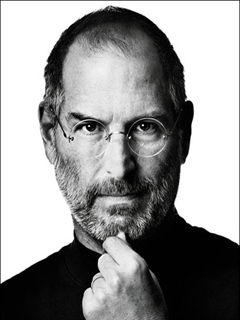Who Invented
A website to know invented by whom
Thursday 3 January 2013
Who Invented Paper
Cai Lun (ca. 50 AD – 121), courtesy name Jingzhong, was a Chinese eunuch. He is traditionally regarded as the inventor of paper and the papermaking process, in forms recognizable in modern times as paper (as opposed to Egyptian papyrus). Although paper existed in China before Cai Lun (since the 2nd century BC), he was responsible for the first significant improvement and standardization of paper-making by adding essential new materials into its composition.
Paper is a thin material mainly used for writing upon, printing upon, drawing or for packaging. It is produced by pressing together moist fibers, typically cellulose pulp derived from wood, rags or grasses, and drying them into flexible sheets.
Paper is a versatile material with many uses. Whilst the most common is for writing and printing upon, it is also widely used as a packaging material, in many cleaning products, in a number of industrial and construction processes, and even as a food ingredient – particularly in Asian cultures.
Monday 31 December 2012
Who Invented iPod
Steven Paul Jobs was an American entrepreneur. He is best known as the co-founder, chairman, and CEO of Apple Inc. Through Apple, he was widely recognized as a charismatic pioneer of the personal computer revolution and for his influential career in the computer and consumer electronics fields. Jobs also co-founded and served as chief executive of Pixar Animation Studios; he became a member of the board of directors of The Walt Disney Company in 2006, when Disney acquired Pixar.
The iPod is a line of portable media players designed and marketed by Apple Inc. The first line was released on November 10, 2001, its most recent redesigns announced on September 12, 2012. There are four current versions of the iPod: the ultra-compact iPod Shuffle, the compact iPod Nano, the touchscreen iPod Touch, and the hard drive-based iPod Classic.
Friday 28 December 2012
Who Invented Dynamite
Alfred Bernhard Nobel About this sound listen (21 October 1833 – 10 December 1896) was a Swedish chemist, engineer, innovator, and armaments manufacturer. He was the inventor of dynamite. Nobel also owned Bofors, which he had redirected from its previous role as primarily an iron and steel producer to a major manufacturer of cannon and other armaments. Nobel held 350 different patents, dynamite being the most famous. He used his fortune to posthumously institute the Nobel Prizes. The synthetic element nobelium was named after him. His name also survives in modern-day companies such as Dynamit Nobel and Akzo Nobel, which are descendants of the companies Nobel himself established.
Dynamite is an explosive material based on the nitroglycerin, initially using diatomaceous earth, or another absorbent substance such as powdered shells, clay, sawdust, or wood pulp. Dynamites using organic materials such as sawdust are less stable and such use has been generally discontinued.
Subscribe to:
Posts (Atom)





